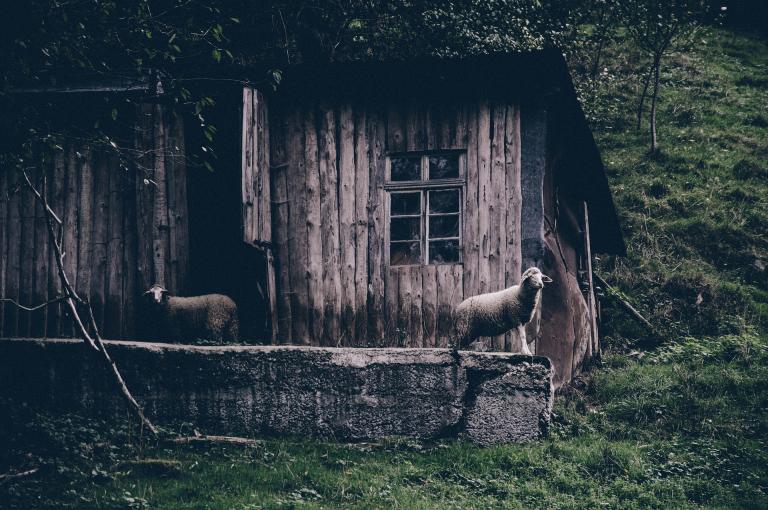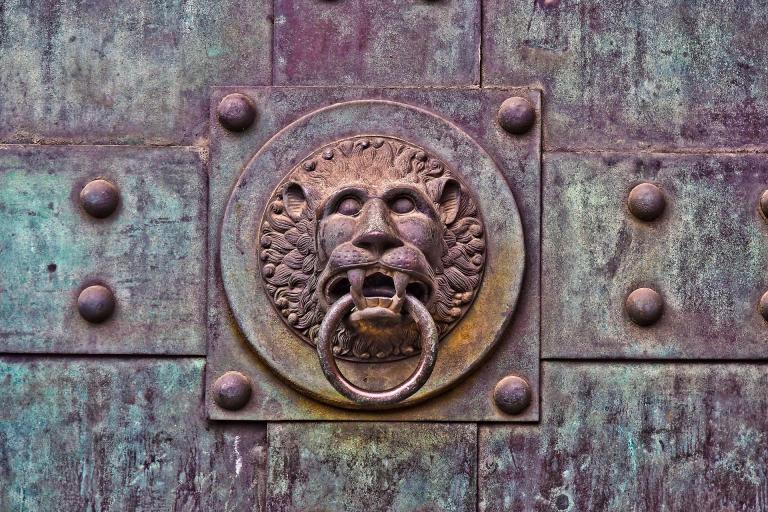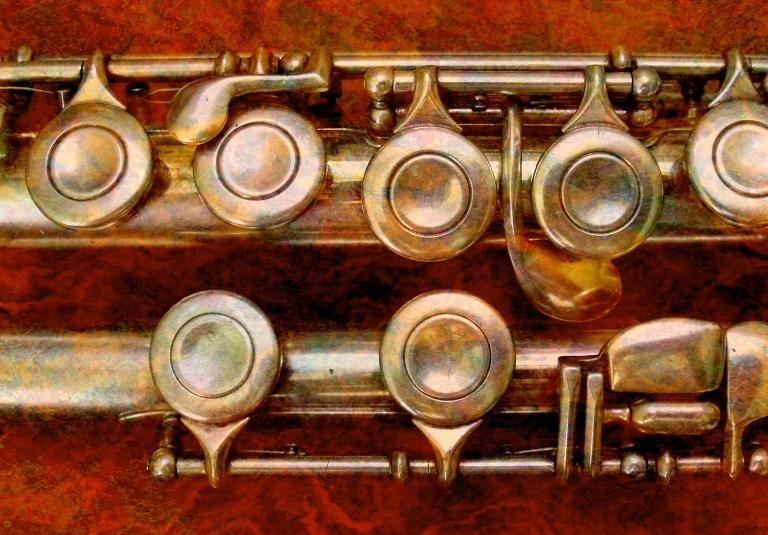Walking through my property the other day, I was overcome with a sense of weariness and frustration. Too many things to do. Not enough time to do it. The sumac is overrunning areas that used to be lawn, the hillsides are overgrown, there’s a turtle living in the algae-green waters of the swimming pool, and after nearly two weeks of continuous rain the vegetable gardens need an awful lot of heavy weeding. I traipsed over the back path running out to the pool deck, and for the first time in my life I started thinking that maybe Round-Up would be a solution. Too much green stuff growing where it doesn’t belong. Time to exterminate.
Then my internet came back on-line (it cuts out when it rains) and I was able to read Laudato Si.
It is not a ‘nice’ encyclical. It’s hard hitting. It’s specific. Punches are not pulled. It’s basically saying exactly the same kind of things that were said in Caritas in Veritate – but the difference is that Francis is saying in clear, accessible, concrete terms what Benedict said in terms that few people appear to have understood. There’s nothing I’ve encountered so far that surprises me, though there are some really profound observations that I hadn’t ever noticed before. Like, for example, the obvious fact that in the fantasy world of economics poor countries are in debt to rich countries, whereas in justice exactly the opposite is true.
However, in spite of its hard sayings for me the encyclical feels like a weight taken off of my shoulders.
For a long time, now, I’ve been really struggling with feeling like I’m doing something “wrong” by choosing a life-style where I can’t afford spiffy new furniture and nice draperies, retail clothes, a second car, cell phones, and so forth. There’s a tremendous amount of cultural pressure that comes down on us, telling us that we’re bad people if we’re not conspicuously affluent. It’s always subtly framed in terms of real virtues: tidiness, organization, care for children, hospitality. The problem is that our imagery related to these virtues has become an imagery of consumerism. A “clean” house is no longer one that is neat, sanitary and well organized, it’s one where there are no marks on the couch because the couch was purchased last month. The result is that, on a deep psychological level, we end up feeling anxious and even guilty for forcing our children to endure moderately hot days without air conditioning, or for lacking the technology to be able to always respond immediately to e-mail.
It’s the same with property. We’re supposed to use and maintain our space – primarily by doing things that cost money. I’ve been feeling guilty that I can’t afford the riding lawn-mower that would allow me to keep my extensive lawn manicured, guilty that I have to take my kids swimming at local beaches because I don’t have the money to fix my pool, guilty that all of my gardening budget goes to buying food-bearing plants rather than maintaining the flower gardens put in by the previous owner. It’s a whole lot of frankly unnecessary guilt, brought about by the subtle implication that someone who can afford a landscaper is “taking care” of their property, while someone who has limited time and money for lawn maintenance because she’s raising six kids is probably lazy and neglectful.
I know that all of these messages are deeply flawed – I’ve even written a book about it – but none the less it’s hard not to internalize those ideas when they’re being constantly promulgated and reinforced at countless points within the culture.
The Pope’s words, then, fell on my psyche like rain. He speaks about the beauty of wilderness, the spiritual disease of seeing the Earth as something that needs to be controlled, the importance of receiving and appreciating Creation as a gift. He reminds me of things that I already know, but forget so easily, like the fact that dressing my kids in second-hand clothing is a manifestation of responsible stewardship of the world’s physical and human resources – not a parental failure. Or that there is real moral value in trying to raise poultry in an ethical manner, even if some people see it as “a waste of time” because I could get the factory-farm equivalents for nearly the same cost with much less effort.
So, after reading for a while, I decided that it was time to get off the internet, go out, and actually spend some time appreciating the gift of Creation. I took my ducks down to the pond to let them free-range on duckweed, I looked at the gardens and gave thanks for the growing produce rather than cursing the weeds, I sat and admired the lovely, curving shapes of the sumac trees with their fuzzy bright-red vitamin-C-rich berries. I remembered that all of this lovely profusion of messy life, the “greening power of the Spirit” which is constantly renewing the Earth faster than human beings can bring it under control, is not a disaster, a failure, or a sign of neglect. Rather it is a rich, green symphony that sings to its Creator a perpetual hymn of praise.
Photo credit: Melinda Selmys













